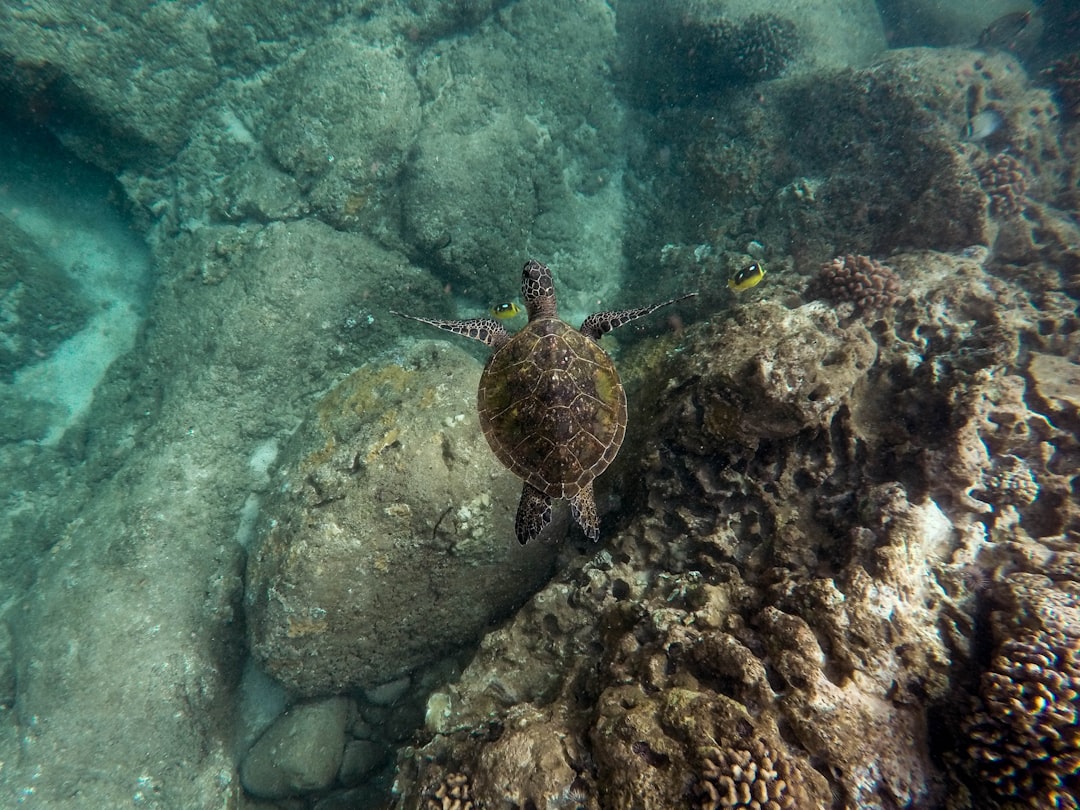Marine Biologist Kaimātai Koiora Moana
Marine biologists study animals and plants that live in the sea and freshwater, and how they interact with their surroundings.
Marine biologists may do some or all of the following:
- observe and research marine plants and animals in their natural environment
- identify, classify and preserve different types of marine life
- find out about population growth and life expectancy
- study the impact of pollution on marine life
- plan and run field studies and experiments
- use computer modelling techniques to predict future events in the marine environment
- report the results of their studies in papers for science journals and in commercial reports.
Physical Requirements
Marine biologists need to be reasonably fit so they can lift and carry equipment during fieldwork. They also need good eyesight (with or without corrective lenses) for laboratory work.
Useful Experience
Useful experience for marine biologists includes:
- volunteer work in ecology and conservation
- diving experience
- work with plants and animals.
Personal Qualities
Marine biologists need to be:
- enquiring and observant
- motivated
- adaptable and patient
- able to work in a team
- skilled at problem solving
- good at planning and organising
- good at communicating.
Skills
Marine biologists need to have:
- knowledge of marine science, biology and chemistry
- research skills
- maths skills
- writing skills, for reports and publications
- presentation skills.
Conditions
Marine biologists:
- usually work regular business hours, but may also work longer or varied hours, especially when doing fieldwork
- usually work in offices and laboratories, but may also work on boats, at sea, or in isolated coastal areas in all weather conditions
- travel to field study sites, and may travel around the country or overseas to attend conferences or training.
Subject Recommendations
A tertiary entrance qualification is required to enter further training. NCEA Level 3 is preferred.
Useful subjects include biology, chemistry, physics, English, and maths with statistics and/or calculus.
Related Courses
Marine Biologists can earn around $71K- $177K per year.
Pay for marine biologists varies depending on their employer, skill level, and the type of work they do.
- Marine biologists at Crown research agencies can earn between $71,000 and $177,000 a year.
- Marine biologists at universities can earn between $58,000 and $198,000.
Sources: NIWA, October 2023; and Otago University, 'Academic Salary Scales (Non- Medical and Dental) 1 July 2023', accessed October 2023.
Marine biologists with a PhD can apply for postdoctoral fellowships at research organisations or universities. These often lead to permanent academic positions.
Marine biologists who have 10 or more years' experience at a research organisation may progress to become:
- senior research scientists
- team leaders
- managers.
Marine biologists may specialise in:
- fisheries science – studying the life cycle and state of fish stocks
- aquaculture – farming aquatic plants or animals
- marine conservation – preserving ecosystems in the sea
- freshwater biology – studying freshwater ecosystems.
Years Of Training
5-9 years of training usually required.To become a marine biologist you usually need to have a Masters or Doctorate in marine biology, marine ecology, marine conservation, zoology or a related science.

 Epsom Girls Grammar School
Epsom Girls Grammar School